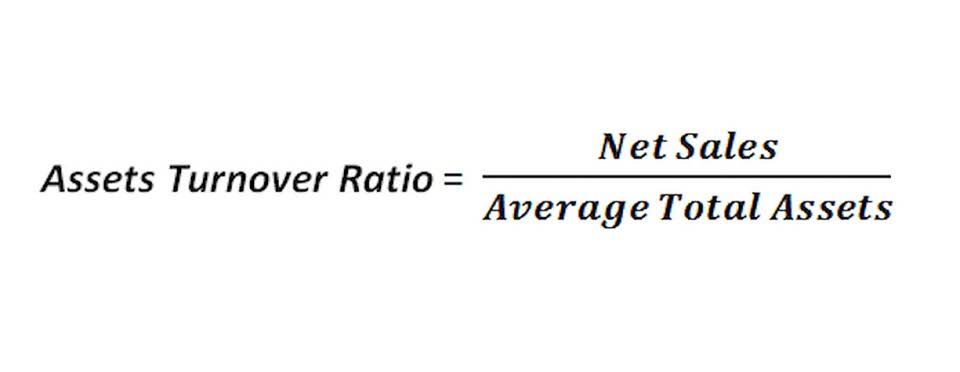
If payday falls on a holiday or weekend, you will either need to advance or delay payroll, adding another responsibility to your plate. Before choosing, keep in mind that states regulate how often you must pay employees. You might not be able to use biweekly or semimonthly pay frequencies in https://www.bookstime.com/ certain states. Knowing the difference between biweekly vs. semimonthly payroll can prevent financial setbacks, keep your business legally compliant, and more. If you count all the weeks in a year, on a biweekly payment strategy, your employees will receive a total of 26 paychecks annually.
‘Bi-Monthly’ Example Sentences
- While biweekly may sound like it means twice per week, the correct term for that would be semiweekly.
- There aren’t such issues with the bi-weekly payroll, as salaries are processed on the same day every second week.
- Therefore, this article will discuss the differences between biweekly and semimonthly pay schedules and each’s various advantages.
- With semimonthly payroll, you pay employees on specific dates, such as the 15th and last weekday of each month.
- Or, you could choose a provider, like Patriot Software, that charges you the same amount, regardless of how many times you run payroll.
- By supporting a range of policies, and integrating with popular platforms like Gusto and BambooHR, AttendanceBot streamlines time tracking and payroll tasks.
The cloud is poised to revolutionize Client Accounting Services (CAS). With a desktop system, bill payment and bookkeeping for semi monthly vs bi weekly a substantial number of clients is a daunting task. Getting invoices and source material, entering data, and printing and …
- By having a clear understanding of these terms and their implications, you can make informed decisions regarding your finances and plan accordingly.
- You might not be able to use biweekly or semimonthly pay frequencies in certain states.
- Then, you can set hourly rates and calculate how much you will get paid, or how much you should pay your employees.
- In terms of bookkeeping, this is also true, and it’s easier for accounting to plan for deductions.
- The extra two paychecks for biweekly pay frequencies can set your business back if you don’t properly prepare for months with three paychecks.
Do you lose money getting paid bi-weekly?

The business needs to make sure it has enough money in its payroll account to cover the additional expenses. In summary, biweekly and semi-monthly pay periods are two distinct payment schedules commonly used by employers. While both have their advantages and disadvantages, it ultimately comes down to personal preference and financial planning needs. With a biweekly pay schedule, there are two months in the year where employees receive three paychecks.
- When it comes to payroll, the terms “bi-weekly” and “semi-monthly” are often used interchangeably, but they actually refer to two distinct payment schedules.
- The last company I worked for paid us bi-weekly every other Friday, but now I am paid semi-monthly on the 1st and 15th.
- It will be up to you and your accountant to make sure you will have enough to cover the extra payout.
- The pay period starts on Monday and ends on Sunday, and the payday is Friday.
- Let’s say you have 10 employees who each earn $1,500 in gross wages per paycheck.
- Tools like AttendanceBot which support both bi-weekly payroll and semi-monthly payroll can help simplify the process.
Simplifying Payroll with Everhour

Semi-monthly payroll may be a great choice for businesses with employee benefits deductions, such as health insurance and retirement contributions. Paydays align with monthly financial reporting, making it easier to deduct and report deductions from employees’ paychecks. Typically, in a semimonthly pay scheme, paychecks are deposited on the 15th and last day of the month. That means that you can end up being paid on any day of the week, depending on when the 15th and last days fall. If it falls on a weekend day, then it’s usually paid the Friday before.
What type of payroll should you choose?

Paychecks are distributed on fixed dates, say 1st and 15th, or 15th and 30th. Whereas a business operating with more salaried employees will likely pay employees semi-monthly because there is no need to track weekly hours. When it comes to semi-monthly pay, you don’t get paid more but your paychecks will be slightly bigger.
